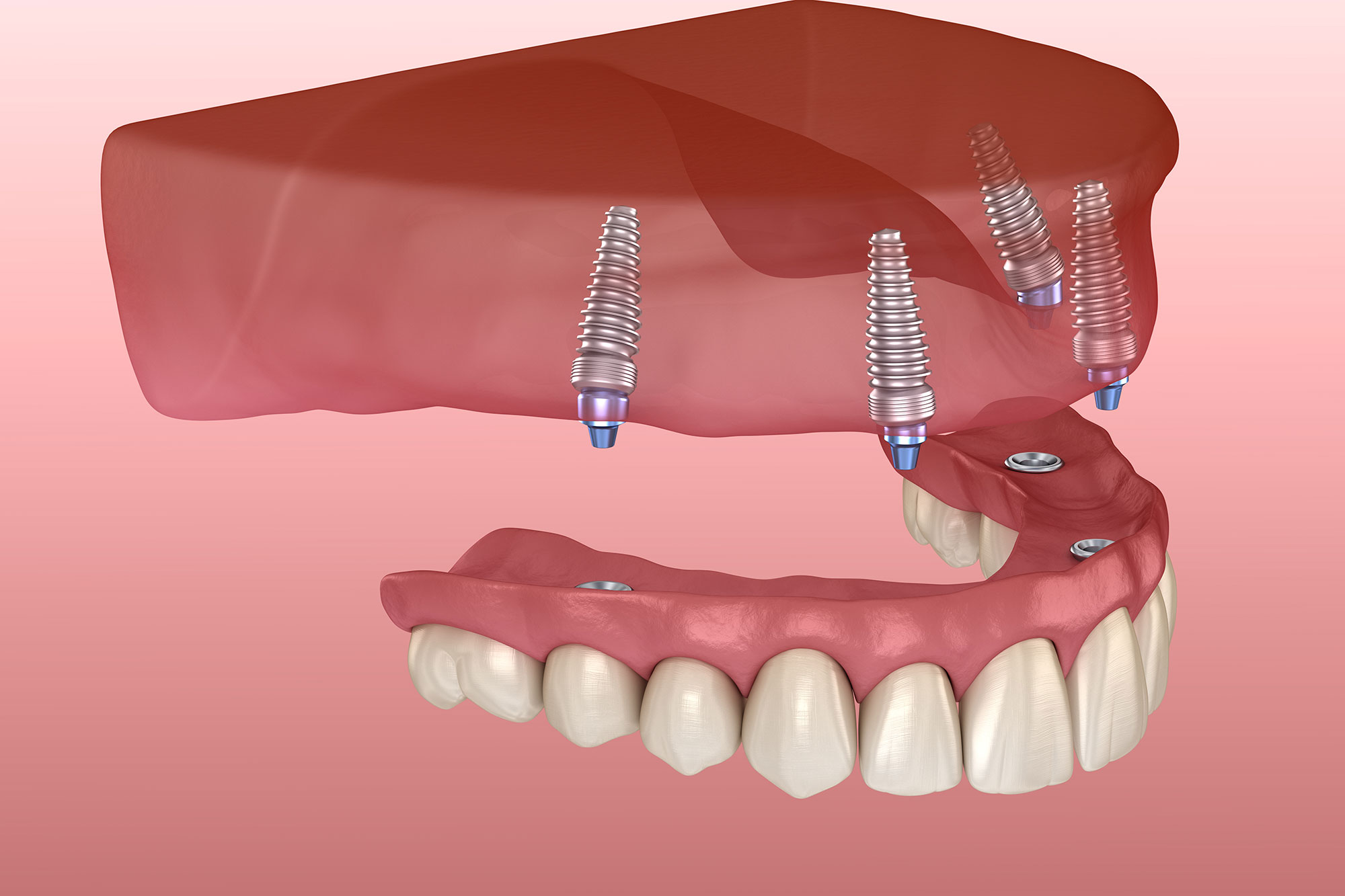What Causes Pregnancy Gum Tumor? Relief Guide

Pregnancy can bring about a multitude of changes in a woman’s body, some of which are well-known and others that may be less anticipated. One such change that is often overlooked but can be a source of discomfort and concern is the development of gum tumors, also known as pyogenic granulomas or pregnancy tumors. These benign growths on the gums can be alarming, especially for expectant mothers who are already navigating a myriad of physical and emotional changes.
Understanding Pregnancy Gum Tumors
Pregnancy gum tumors are relatively rare but can occur during pregnancy due to the increased levels of progesterone and estrogen in the body. These hormonal changes can affect the gums, making them more susceptible to irritation and the development of tumors. The exact mechanism behind the formation of these tumors is not entirely understood, but it is believed to involve the body’s response to plaque and other irritants in the presence of heightened hormone levels.
Symptoms of Pregnancy Gum Tumors
While the presence of a gum tumor itself can be distressing, there are several symptoms that may accompany these growths:
- Bleeding: The tumors can bleed easily due to their rich blood supply, especially during brushing or flossing.
- Pain: Although they are usually painless, gum tumors can become painful if they become irritated or infected.
- Appearance: They typically appear as small, red or purple bumps on the gum between the teeth.
- Discomfort: Large tumors can cause discomfort, especially if they interfere with eating, speaking, or oral hygiene practices.
Causes and Risk Factors
Several factors can contribute to the development of pregnancy gum tumors:
- Hormonal Changes: The significant increase in hormones such as progesterone can affect the blood vessels, making them more susceptible to the formation of tumors.
- Poor Oral Hygiene: Failure to maintain good oral hygiene practices can lead to the accumulation of plaque, a known irritant that can contribute to tumor formation.
- Genetic Predisposition: Some women may be more prone to developing gum tumors due to their genetic makeup.
- Nutritional Deficiencies: Lack of essential nutrients, especially vitamin C, can impact oral health and potentially contribute to gum issues.
Relief and Treatment Options
The approach to managing pregnancy gum tumors typically involves a combination of preventive measures, self-care practices, and, in some cases, professional intervention:
- Maintain Good Oral Hygiene: Regular brushing and flossing are crucial in preventing the buildup of plaque and reducing the risk of tumor formation. Using a soft-bristled toothbrush and mild toothpaste can help minimize irritation.
- Professional Dental Care: Regular dental check-ups are essential during pregnancy. Dentists can monitor the health of the gums and provide guidance on maintaining good oral health.
- Avoid Irritants: Avoiding irritants such as tobacco products can help in reducing the risk and severity of gum tumors.
- Nutritional Support: Ensuring adequate intake of vitamins and minerals, particularly vitamin C, which is known for its benefits to gum health, can be beneficial.
- Surgical Removal: In some cases, if the tumor is large, painful, or interferes with oral functions, surgical removal may be necessary. However, this is usually considered after pregnancy, unless the tumor poses significant health risks.
Managing Discomfort
For women experiencing discomfort due to pregnancy gum tumors, several strategies can provide relief:
- Apply Cold Compresses: A cold compress can help reduce swelling and ease discomfort.
- Use Desensitizing Toothpaste: If the tumor causes sensitivity, using a desensitizing toothpaste can help alleviate the symptoms.
- Practice Gentle Oral Care: Being gentle when brushing and flossing can minimize irritation and bleeding.
Conclusion
Pregnancy gum tumors, while not common, are a condition that expectant mothers should be aware of. By understanding the causes, recognizing the symptoms, and adopting preventive and self-care practices, women can reduce their risk and manage any discomfort associated with these growths. Regular dental care and maintaining good oral hygiene are key components of managing pregnancy gum tumors and ensuring overall oral health during pregnancy.
Are pregnancy gum tumors a sign of an underlying health issue?
+Pregnancy gum tumors are generally benign and not indicative of an underlying serious health issue. However, they can be a sign of poor oral health or heightened susceptibility to gum irritation during pregnancy.
Can pregnancy gum tumors be prevented?
+While not all cases can be prevented, maintaining excellent oral hygiene, avoiding irritants, and ensuring a balanced diet rich in vitamins and minerals can reduce the risk of developing pregnancy gum tumors.
Do pregnancy gum tumors disappear after pregnancy?
+Many pregnancy gum tumors resolve on their own after pregnancy, as hormone levels return to normal. However, some may require surgical removal if they persist or cause discomfort post-pregnancy.
By being informed and proactive about oral health, expectant mothers can navigate the challenges of pregnancy gum tumors and ensure a healthy, happy smile for years to come.

